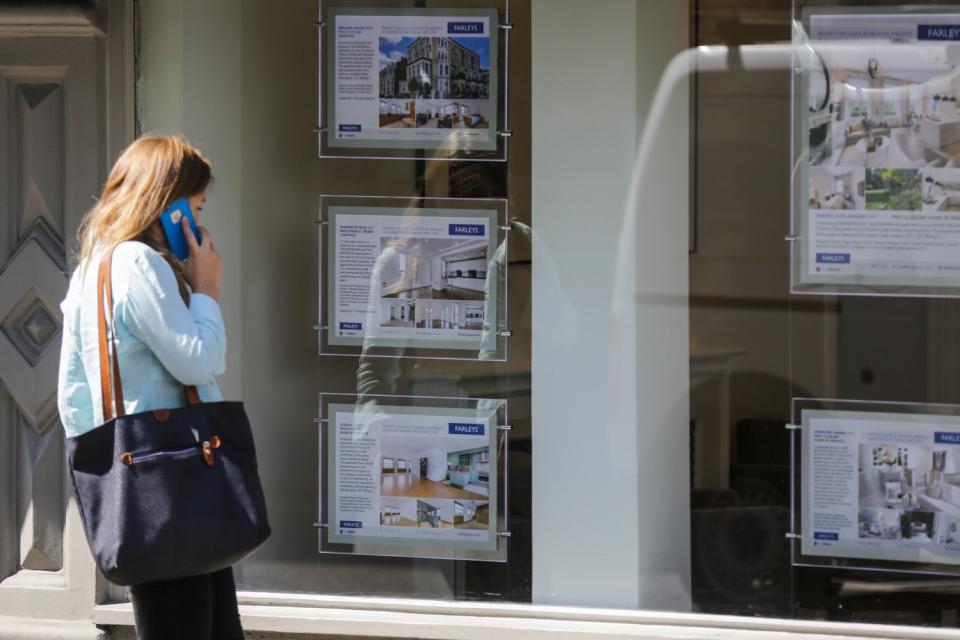Brexit uncertainty to blame for drop in Fulham house prices, experts warn

House prices in one of the capital’s most sought-after areas are plummeting amid uncertainty over Brexit, experts have said.
According to top property company Savills, the demand for homes in upmarket areas of Fulham dropped 14.4 per cent in the period between January 2014 and December last year.
Less foreign nationals are snapping up homes due to job fears surrounding Brexit, experts said.
Frances Clacy, residential property analyst at Savills, told the Standard that despite the area being home to the popular Lycée Français Charles de Gaulle primary school, French nationals now appear wary of buying in the area.
She said: “The area is always popular because of the Lycée but it does appear uncertainty over the stability of jobs after Brexit could put people off.”
Property prices in Fulham now almost match those in areas including Clapham and Battersea.
Overall, the area that runs from Battersea, through Clapham and Wandsworth towards Fulham, Barnes and Richmond saw property prices fall 4.2 per cent last year.
The average price of a property in Fulham now stands at £890 per square foot compared to £1,000 per square foot in 2013.
Battersea prices now stand above Fulham at £910 per square foot while properties in neighbouring Chelsea sell for £1,600 per square foot on average, according to Savills.
In previous years Fulham was deemed to be comparable to prime areas of central London including Knightsbridge.
The Financial Times reported an increasing trend in homeowners in the area carrying out renovations rather than moving up the property ladder.
Head of residential research at the company Lucian Cook said buyers’ wish to spend money on pricey properties was weaker as Britain prepared to leave the EU.
Mr Cook said: “A backdrop of political and economic uncertainty means the market will remain highly discretionary, while the high tax environment means that even international buyers remain reluctant to take advantage of the currency play. Our forecasts anticipate it will be two years before we see a bounce in values.”
In September last year the Standard reported that the average price of a home in the capital dropped 0.6 per cent year-on-year to £471,761, according to figures from the Nationwide building society.
It is the first annual decline recorded by the lender in London since summer 2009 when the property market was emerging from the chaos that followed the collapse of Lehman Brothers.

 Yahoo News
Yahoo News 